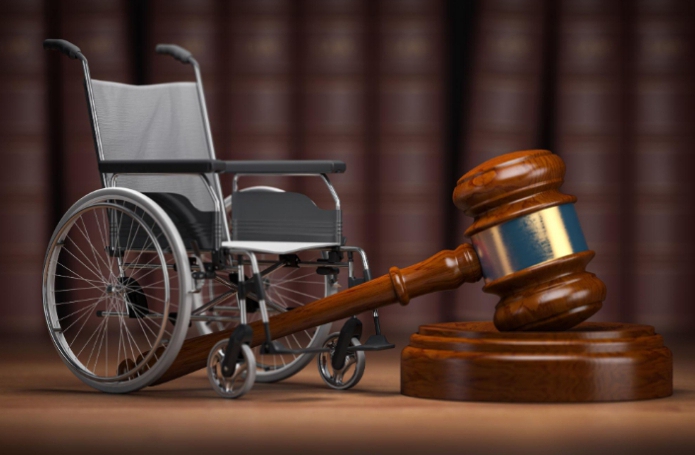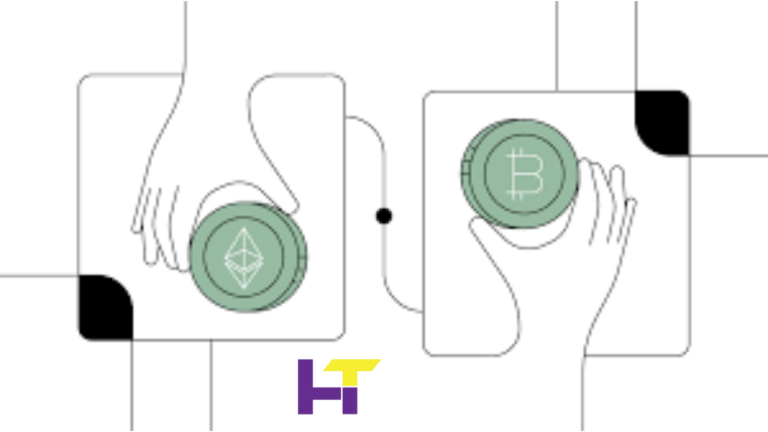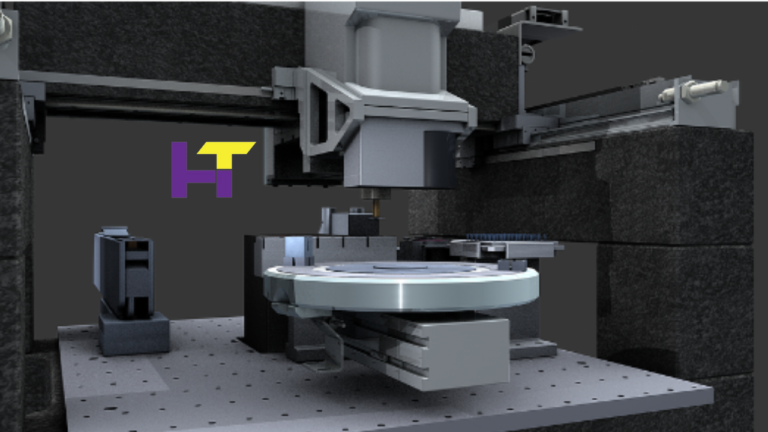Navigating Utah Lease Agreements

Are you looking to rent in Utah? Navigating lease agreements can be tricky, but understanding your rights and responsibilities is crucial. In this article, we’ll guide you through Utah’s landlord-tenant laws, ensuring you can protect yourself and have a smooth rental experience.
We’ll cover everything from required disclosures to security deposits and tenant screening. Discover what landlords must disclose to you and learn about rent due dates, late fees, and fair housing protections. Familiarize yourself with Utah’s laws to avoid any legal issues.
Required Disclosures
To navigate your Utah lease agreements, you must know the required disclosures.
When entering a lease agreement in Utah, landlords and tenants have certain obligations to fulfil. As a tenant, it’s crucial to understand the information that landlords must disclose to you.
First, landlords must provide information about lead-based paint hazards if the rental property was built before 1978. This is to ensure your safety and awareness of potential health risks.
Additionally, landlords must disclose their identification, including their name, address, and telephone number. This is important for communication and contact purposes.
Furthermore, landlords must provide you with a copy of the written lease agreement and any applicable rules and regulations. This ensures transparency and clarity in the terms of the agreement.
Finally, landlords must provide a move-in/move-out checklist, allowing you to assess the rental unit’s condition and document any existing damages.
Rent and Fees
Regarding rent and fees in Utah lease agreements, understanding the financial obligations is essential for tenants. When in doubt, consult a Utah lease agreement form template to craft your own with the help of a real estate attorney or other real estate expert.
In Utah, there’s no specified statute regarding the rent due date, allowing landlords to determine when rent will be paid.
Application fees are also not regulated, allowing landlords to charge any appropriate amount.
Rent control is banned in Utah, meaning landlords can increase rent without restrictions.
Late fees in Utah are $75 or 10% of the monthly rent, whichever is greater. Unfortunately, there’s no mandatory grace period for tenants.
Tenants must be aware of these rent and fee regulations to avoid surprises or disputes with their landlords.
Security Deposits
Understanding the importance of security deposits is crucial for tenants navigating Utah lease agreements. In Utah, there’s no limit on the amount of the security deposit that landlords can require. Fortunately, landlords aren’t required to pay interest on security deposits, so don’t expect any extra earnings.
However, landlords must return the security deposit within 30 days after the tenant moves out. It’s worth noting that landlords aren’t required to keep the security deposit in a separate bank account. They may withhold funds from the deposit for unpaid rent, damages, cleaning, or other costs specified in the rental agreement.
To ensure the return of your security deposit, it’s essential to document the condition of the rental unit upon move-in and conduct a walkthrough inspection with the landlord.
Tenant Screening and Fair Housing Protections
Regarding tenant screening and fair housing protections, there are important laws and regulations that landlords in Utah must follow.
In Utah, landlords are prohibited from discriminating against tenants based on protected classes such as race, colour, religion, gender, national origin, familial status, disability, sexual orientation, gender identity, and source of income.
When screening tenants, landlords must comply with the federal Fair Credit Reporting Act (FCRA) when handling credit information.
Criminal background checks may be used during tenant screening, but landlords should follow HUD recommendations for fair use.
Additionally, landlords must provide advanced notice 24 hours before entering the rental unit unless otherwise specified in the rental agreement.
Landlords must understand and adhere to these laws to ensure fair and equal treatment of all tenants. It’s also crucial for tenants to understand their protections to ensure they receive good legal treatment.
Conclusion
In conclusion, understanding Utah’s landlord-tenant laws is crucial for a smooth rental experience.
By knowing your rights and responsibilities as a tenant, you can protect yourself and avoid any legal issues.
From required disclosures and rental fees to security deposits and fair housing protections, being informed about these key aspects will help you confidently navigate lease agreements.
Take the time to familiarize yourself with these laws to ensure a successful rental experience in Utah.
Read More: Top 5 Affordable Yacht Charter Destinations for First-Timers.






